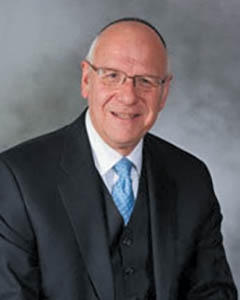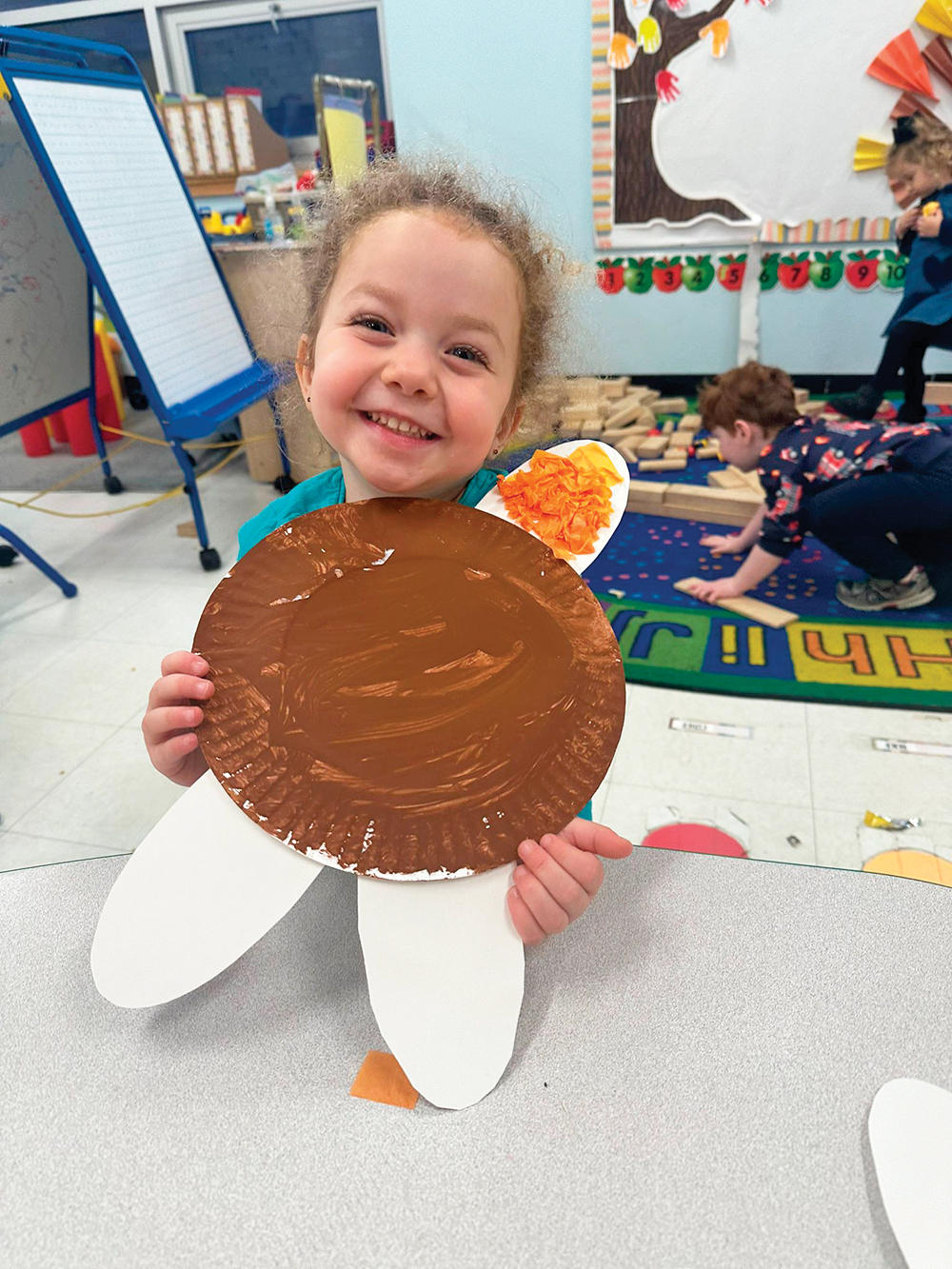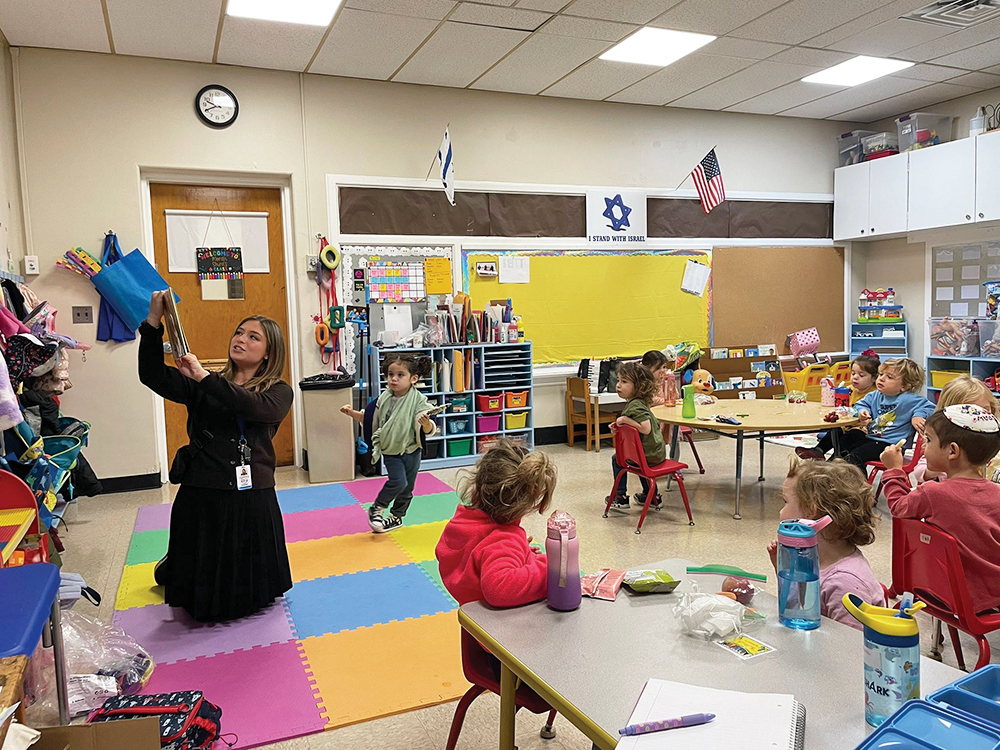
Parshat Bo
The navi Yirmiyahu was an older contemporary of the navi Yechezkel. Although the time of their activities overlap, Yirmiyahu prophesied in Yerushalayim to the Jewish community of Judea. He served God by delivering warning after warning to the sinful nation and cautioning the people of the inevitable destruction and exile if they failed to repent. Tragically, Yirmiyahu lived to see his prophecies come to fruition and eventually joined with the mourning nation and accompanied them into Egypt. Yechezkel, on the other hand, prophesied in the Diaspora itself, as he had joined the Judean outcasts from the earlier exile who were taken to Bavel, and he addressed the concerns of the exiled Jews living there.
Today’s haftarah is taken from Sefer Yirmiyahu and, in many respects, echoes the message of Yechezkel that we would have read as last week’s haftarah, were it not Rosh Chodesh. Both prophets comment on the struggle between Babylonia and Egypt, and both predict the downfall of the great Egyptian empire, a result of God’s judgment for their perfidy. However, there is a most basic difference between the two messages. Yechezkel includes but a few words of comfort to the nation, proclaiming in his final words that Israel would eventually become powerful once more. Yirmiyahu, on the other hand, compares the downfall of Egypt with the fate of Israel and then asserts that Hashem guarantees that, despite the many tribulations Israel would undergo, God would never destroy His people.
When studying this and many other haftarot, I imagine the reactions of earlier generations to these very same readings. I would submit that these haftarot were quite comforting to them as the words of the nevi’im gave them solace in the knowledge that their suffering had a purpose and that it would eventually end. At the same time, I also realize how fortunate we are today—not as suffering masses needing comfort, but as returning multitudes who now attest to the truth of these promises of redemption.
By Rabbi Neil N. Winkler
Rabbi Neil Winkler is a past rabbi of the Young Israel of Fort Lee and now lives in Israel.












